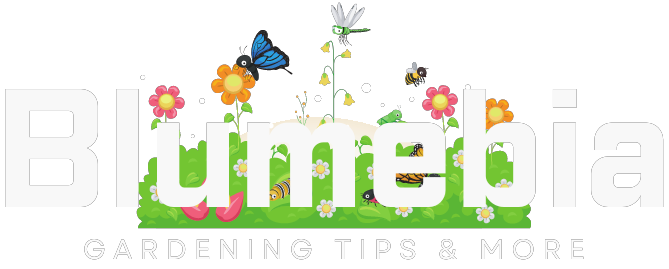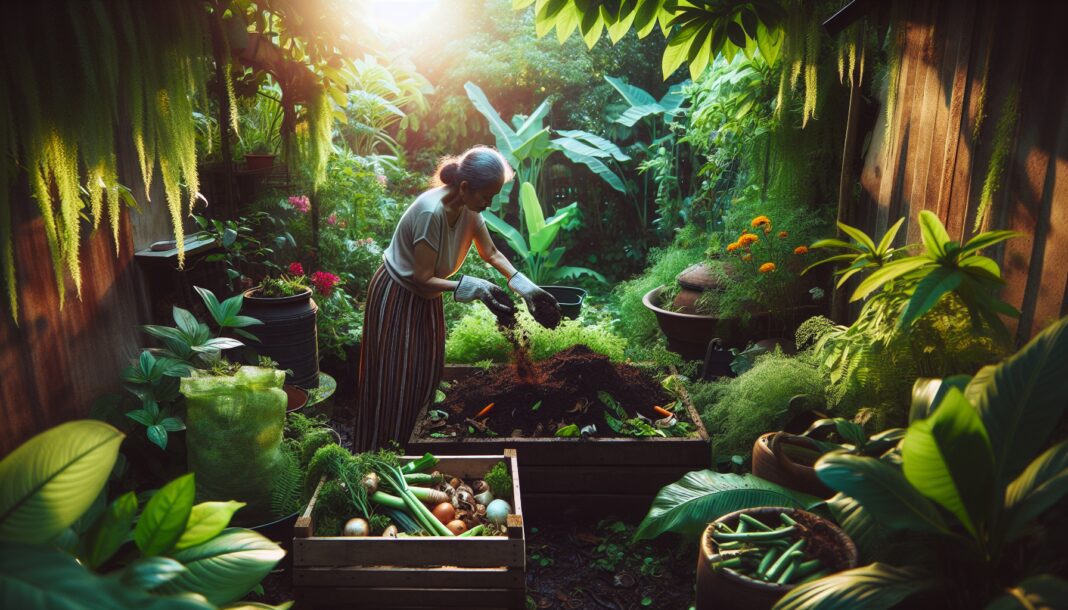Composting for plant growth is one of the most effective ways to enrich soil and boost plant health naturally. Studies show that compost can improve soil structure, retain moisture, and reduce the need for chemical fertilizers. Instead of discarding kitchen scraps, turning them into compost transforms waste into a powerful soil enhancer. This process not only reduces landfill waste but also provides essential nutrients that plants need to thrive. Understanding how to create and use compost correctly can make a significant difference in plant growth, leading to healthier gardens and more sustainable gardening practices.
Benefits of Composting for Plant Growth
Composting is a natural way to boost your garden’s health and productivity. Rich in nutrients, compost offers numerous advantages for plant growth, soil improvement, and environmental health. Let’s explore how composting can transform your garden into a thriving ecosystem.
How Compost Enhances Soil Health and Fertility
Compost enriches soil with essential nutrients that plants need for growth. Adding compost introduces organic matter, which improves soil structure. This results in better aeration and drainage, essential for healthy root systems. Compost also fosters beneficial microbial activity, helping to break down soil nutrients. This process makes nutrients more accessible to plants, ensuring robust growth and development. Healthy soil means healthier plants, leading to a more productive garden.
The Role of Compost in Retaining Moisture and Reducing Erosion
Compost acts like a sponge, increasing the soil’s ability to retain moisture. This means plants require less frequent watering, saving time and conserving water. Additionally, compost helps bind soil particles together, reducing erosion caused by wind and rain. With compost, roots have a stable environment to grow, protecting plants from the harsh elements. Strong roots mean stable plants, leading to a thriving garden.
Reducing Chemical Fertilizers with Organic Compost
Shifting to composting reduces the need for chemical fertilizers. Compost provides a balanced nutrient supply for plants, naturally supporting their growth. This not only saves money but also limits chemical runoff into waterways. Organic compost improves the long-term health of the soil, creating a sustainable environment. By choosing compost, you contribute to a healthier planet and a more resilient garden.
How to Make Nutrient-Rich Compost at Home
Creating compost at home is a fulfilling way to recycle organic waste and enhance your garden soil. With the right ingredients and techniques, your compost will become a powerhouse of nutrients. Let’s delve into the process of making your own compost.
Choosing the Right Ingredients for a Balanced Compost Pile
A successful compost pile requires a mix of green and brown materials. Green materials, such as grass clippings and vegetable scraps, provide nitrogen. Brown materials, like dried leaves and straw, add carbon. Balancing these elements is crucial for effective decomposition. Avoid adding meat, dairy, or diseased plants, as they can attract pests or introduce harmful pathogens. A well-balanced compost pile speeds up the breakdown process, resulting in nutrient-rich compost.
Maintaining Proper Aeration, Moisture, and Decomposition Rate
Proper aeration is essential for a healthy compost pile. Turning the pile regularly introduces oxygen, which aids microbial activity. Optimal moisture levels are also crucial; keep the pile as damp as a wrung-out sponge. If it’s too dry, decomposition slows down. Too wet, and the pile may become anaerobic and smelly. Consistent monitoring and adjustments ensure your compost is breaking down efficiently, ready to nourish your plants.
Common Composting Mistakes and How to Avoid Them
Avoid common pitfalls to maintain a productive compost pile. Overloading one type of material can upset the balance, slowing decomposition. Remember to mix materials well for even breakdown. Ignoring moisture levels or failing to turn the pile can lead to unpleasant odors. Patience is key; composting is a natural process that takes time. With attention to detail, your compost pile will become a rich medium for plant growth.
Using Compost to Boost Plant Health and Garden Productivity
Applying compost correctly enhances plant health and increases garden productivity. Learn the best practices for using compost to maximize its benefits. This section will guide you through effective application techniques to ensure your garden flourishes.
Best Ways to Apply Compost for Maximum Nutrient Absorption
Incorporating compost into your garden is simple but requires some strategy. Spread compost evenly over garden beds or mix it into the topsoil. This ensures nutrients are accessible to plant roots. For established plants, top-dress around the base without disturbing the roots. Using compost as a mulch layer conserves moisture and suppresses weeds. Whatever method you choose, even distribution is key to maximizing nutrient absorption.
Seasonal Composting Tips for Healthier Plants Year-Round
Adapting composting practices to the seasons ensures continuous plant health. In spring, use compost to prepare planting beds, enriching the soil. During summer, maintain moisture by adding a compost mulch layer. Fall is ideal for mixing compost into the soil, preparing it for winter. As winter approaches, insulate perennials with a compost layer to protect against the cold. Seasonal adjustments keep your garden vibrant and productive all year long.
Combining Compost with Organic Mulch for Improved Soil Structure
Pairing compost with organic mulch enhances soil structure and fertility. Mulch maintains soil temperature and conserves moisture, complementing compost’s benefits. Together, they improve soil aeration and create a hospitable environment for beneficial organisms. As mulch breaks down, it adds nutrients, further enriching the soil. This combination supports plant health, leading to a more bountiful garden. Use these strategies to harness the full potential of composting for plant growth.
Conclusion
Get Composting enriches soil with essential nutrients, improves structure, and boosts microbial activity for healthier plant growth. Moisture retention increases with compost, reducing the need for frequent watering and preventing soil erosion. Using compost minimizes reliance on chemical fertilizers, promoting a sustainable and environmentally friendly gardening approach. A balanced compost pile with proper aeration and moisture levels ensures efficient decomposition and nutrient availability. Applying compost strategically enhances plant health, while combining it with organic mulch improves soil structure and fertility year-round.
FAQ
What are the benefits of composting for plant growth?
Composting enriches the soil with essential nutrients. It enhances plant growth by improving soil structure, water retention, and root development. Healthy soil leads to strong plants and higher yields.
How does compost improve soil health and fertility?
Compost adds organic matter to the soil, boosting its nutrient content and microbial activity. This helps break down organic material, making nutrients readily available for plants, resulting in fertile and healthy soil.
What materials should I use and avoid when making compost?
Use materials like fruit and vegetable scraps, coffee grounds, eggshells, grass clippings, and shredded newspaper. Avoid meat, dairy products, pet waste, and treated wood. These can attract pests and introduce harmful bacteria.
How long does it take for compost to be ready for gardening?
Compost typically takes about three to six months to mature. Factors such as temperature, moisture, and the materials used can influence the decomposition speed. A finished compost will smell earthy and crumble in your hand.
What are common composting mistakes and how to avoid them?
Overloading with one type of material, neglecting moisture balance, and poor aeration are frequent errors. Mix green and brown materials, keep the pile moist but not soggy, and turn it regularly to boost aeration.
Can I use compost for all types of plants and vegetables?
Compost suits most plants and vegetables, providing essential nutrients. However, certain acid-loving plants might require specific soil amendments to thrive. Always check plant-specific needs before application.



